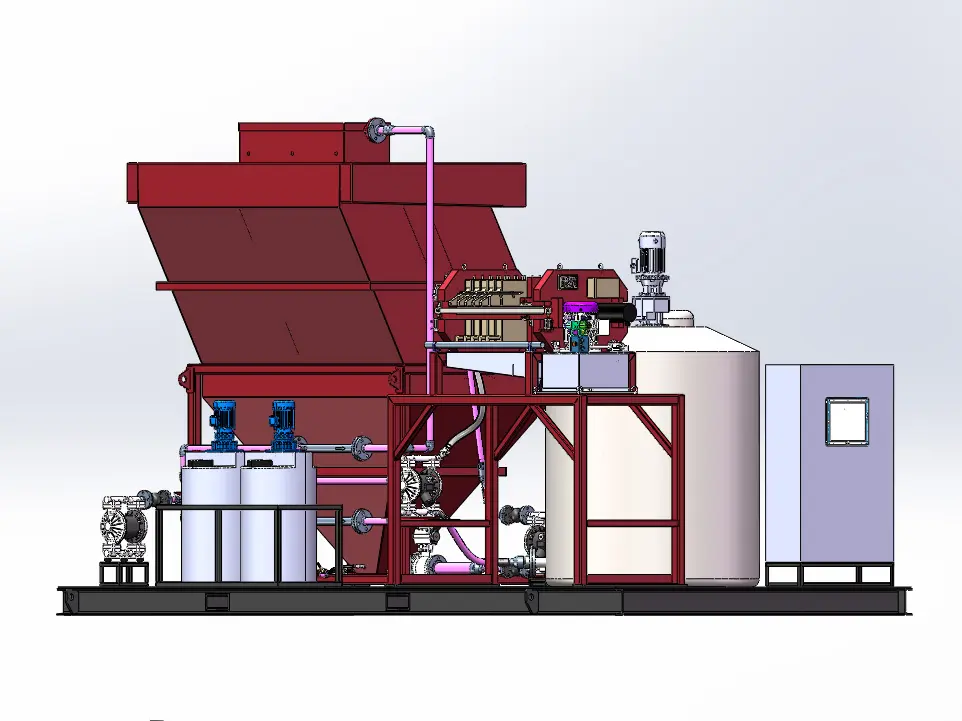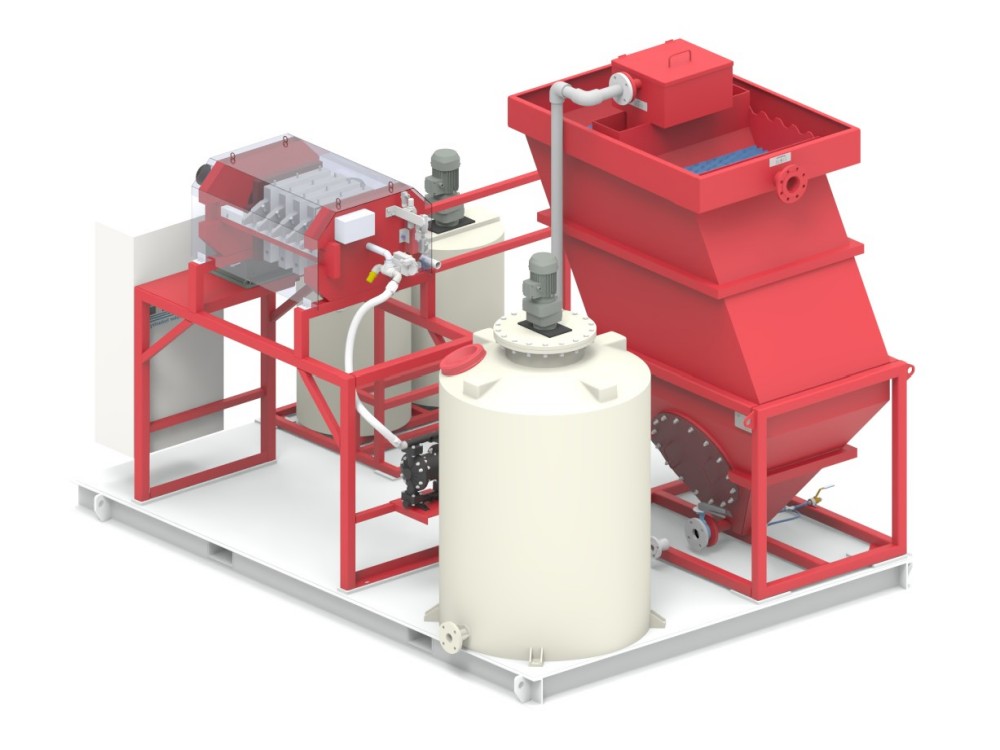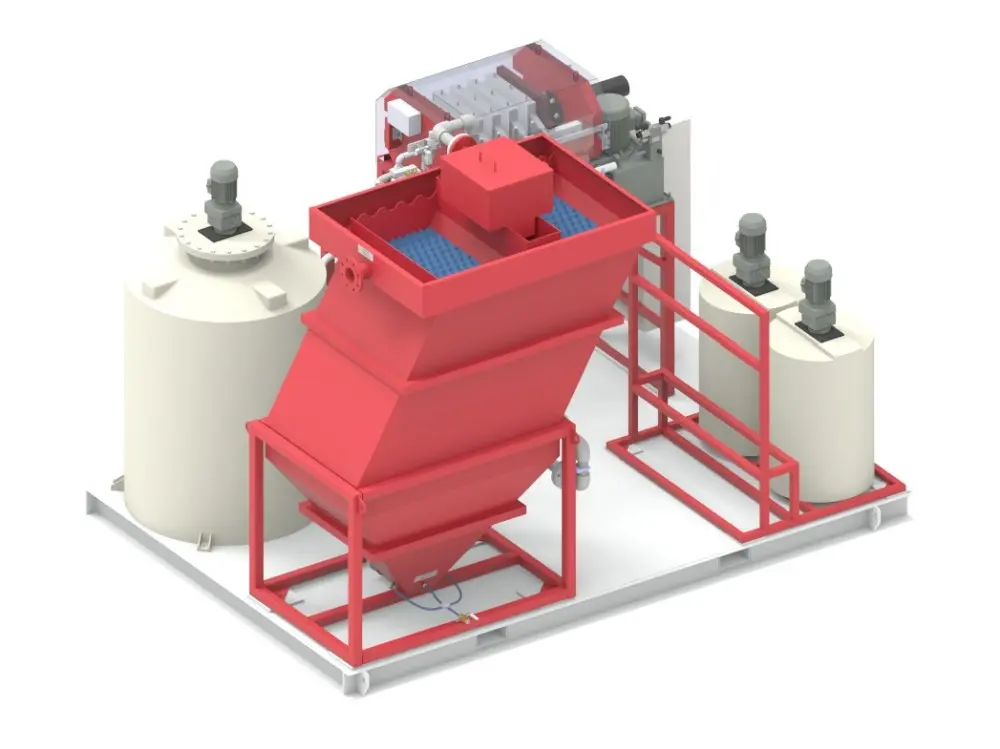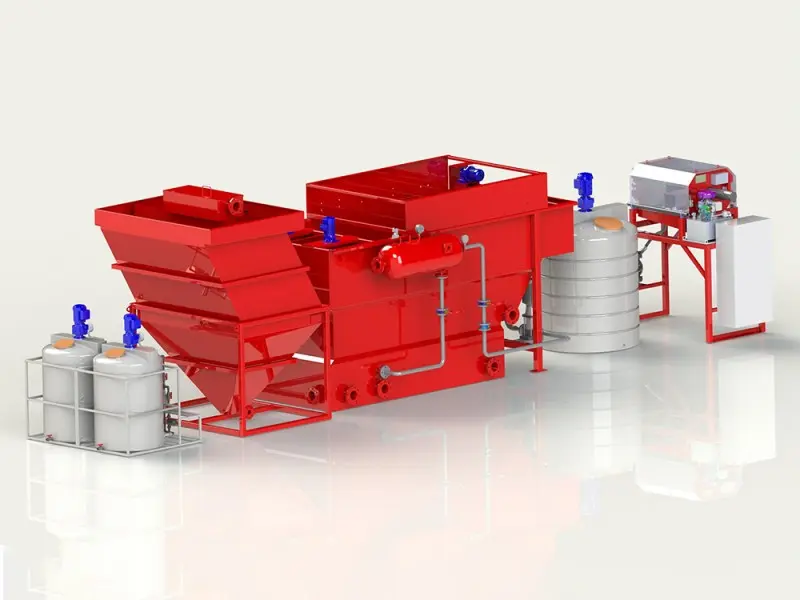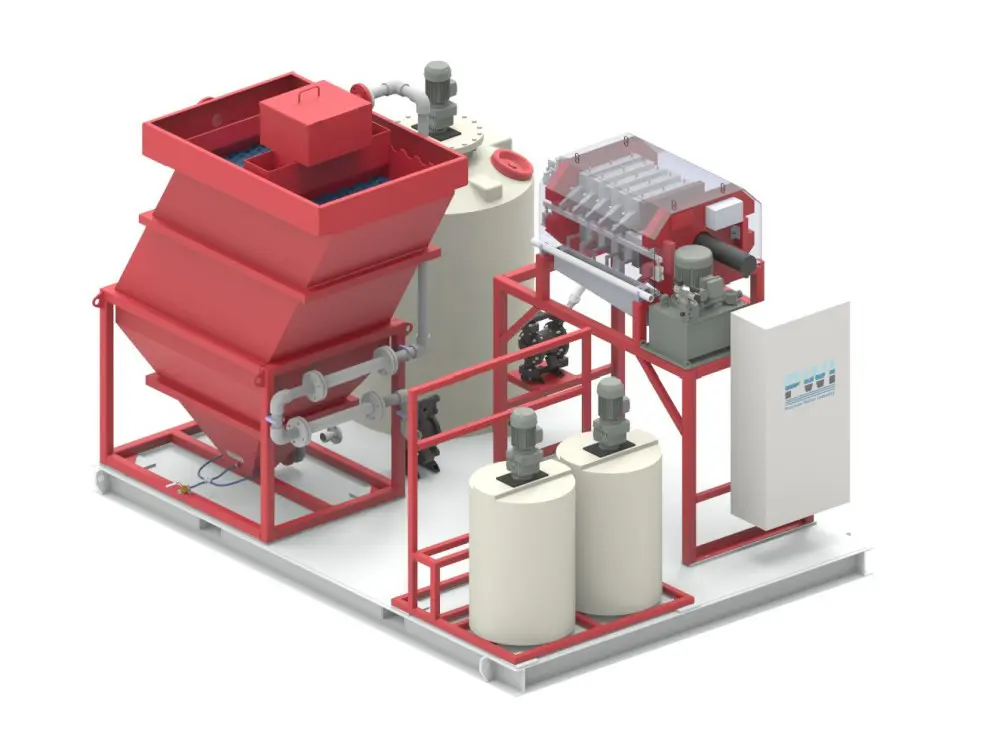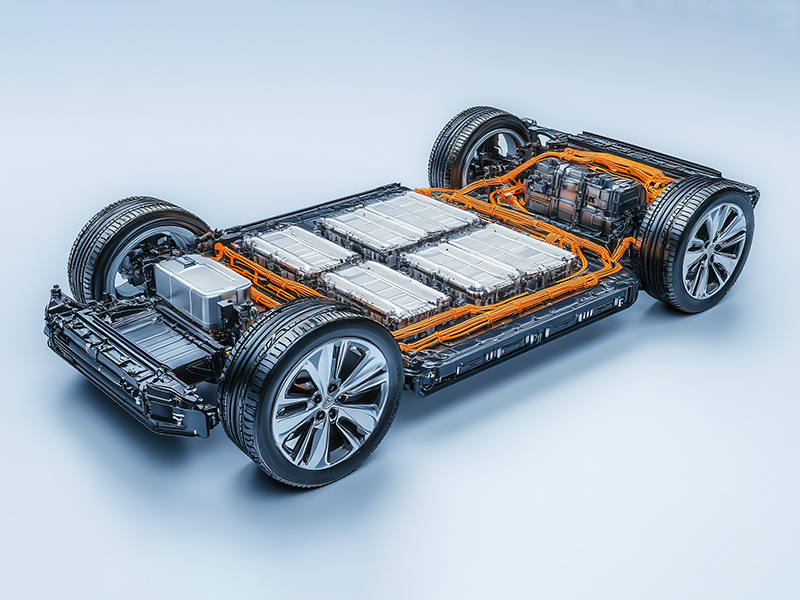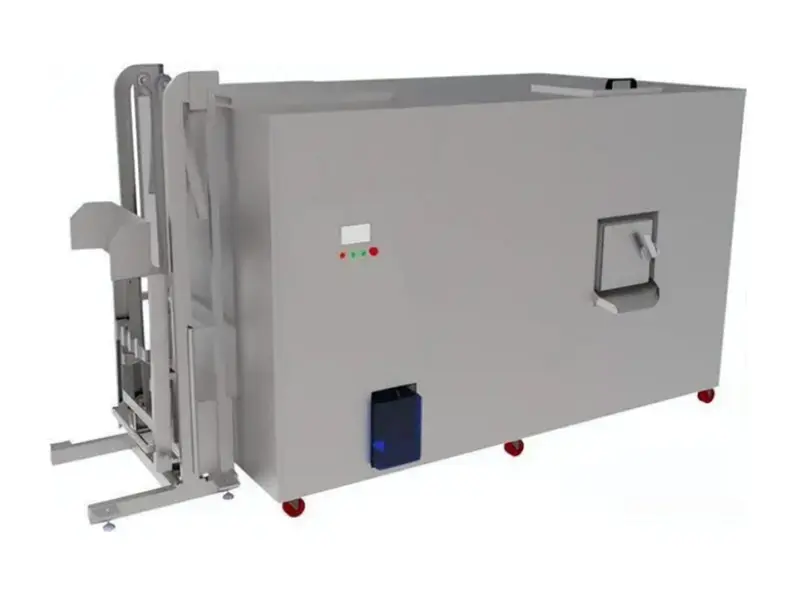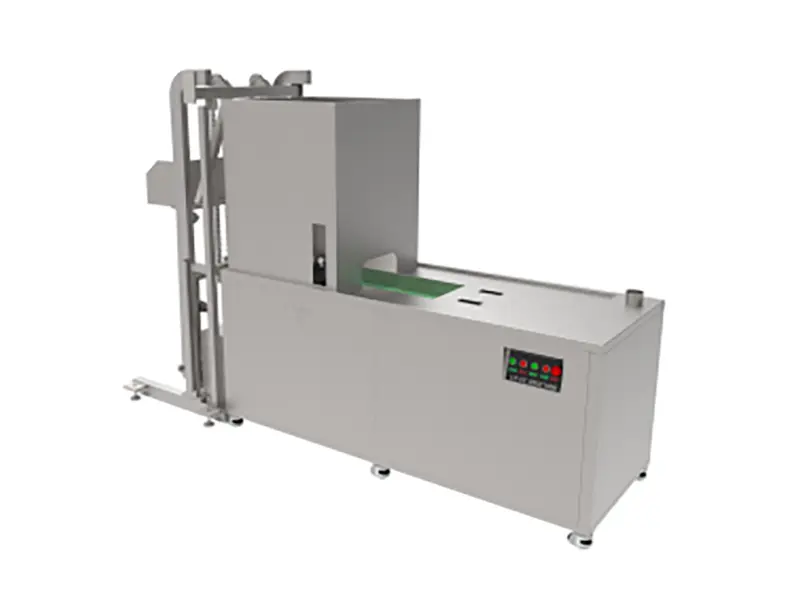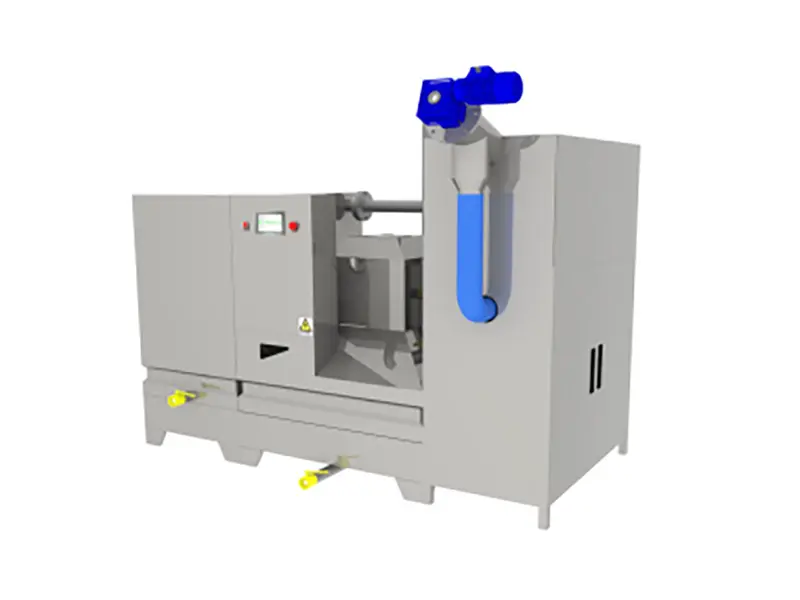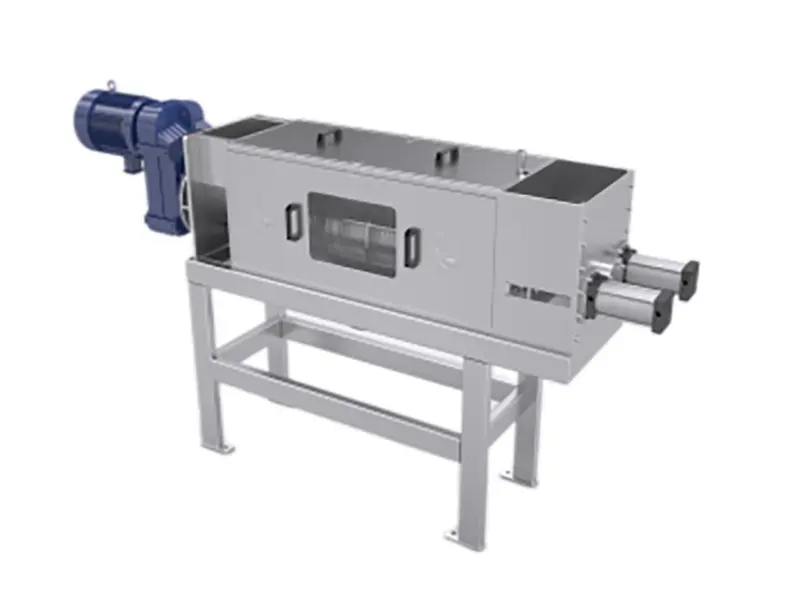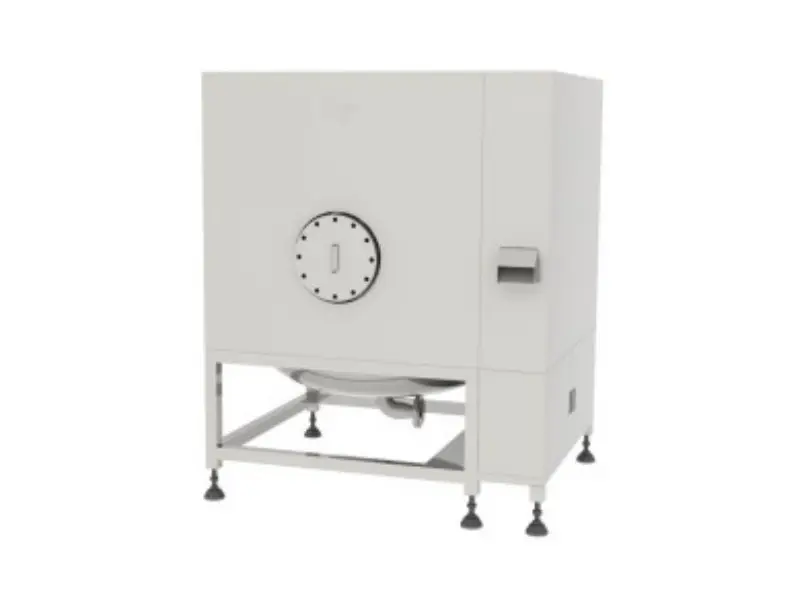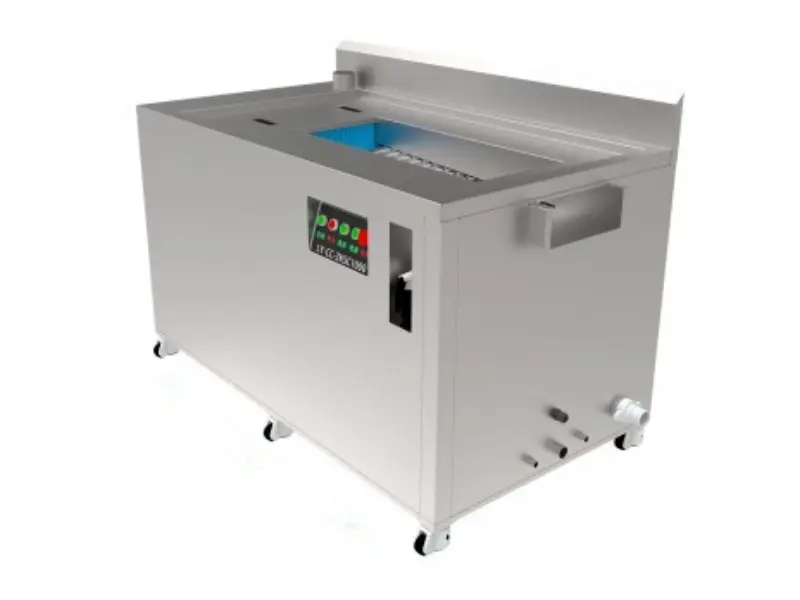Intergrated Waste Treatment Station
equipment characteristics
1. Organic materials such as kitchen food, kitchen waste and tailings are used as raw materials;
2. Realize the degradation of kitchen waste into organic fertilizer;
4. The equipment includes automatic lifting, crushing and dewatering, microbial degradation, automatic oil and water separation and other functions;
5. Equipped with a central control system, the display screen can view the working status of the equipment;
6. Fully automatic induction and control of degradation process, convenient, efficient and environmentally friendly.
Applicable scenarios
Hotels, commercial complexes, residential areas, buildings, restaurants, hotels, canteens, food processing plants, food courts and other centralized garbage disposal houses.
Equipment model and parameters
Model |
Size (mm) |
Processing capacity (KG/D) |
Power (kw) |
Reference price (YUAN) |
KQ-KG-YT-200 |
1900*760*900 |
200 |
12 |
120000 |
KQ-KG-YT-500 |
2700*1800*1450 |
500 |
20 |
250000 |
KQ-KG-JJ-1000 |
3000*1800*1950 |
1000 |
30 |
450000 |
Equipment principle
This innovative device represents a revolutionary solution in food waste management, integrating multiple essential functions into a single, efficient system. It combines a powerful grinder, a high - performance dewatering machine, an advanced automatic oil separator, and sophisticated biodegradation capabilities. The grinder efficiently shreds food waste of various types and consistencies into smaller pieces, facilitating subsequent processing steps. The dewatering machine then removes a significant amount of moisture from the shredded waste, reducing its volume and making it more manageable. Meanwhile, the automatic oil separator plays a crucial role in separating and collecting the oil content within the food waste, which can be further refined and reused or disposed of properly.
The device's biodegradation function is its core feature. Based on in - depth research on the characteristics of food waste, which typically contains a high proportion of organic matter, diverse nutrients, and moisture, it screens and produces high - temperature aerobic microbial agents. These agents are carefully formulated to be highly adaptable to the complex composition of food waste. Once added to the equipment, they create an ideal high - temperature aerobic environment inside. In this setting, the microbial agents become highly active, rapidly breaking down the organic substances in the food waste. This accelerated decomposition process ensures that food waste is treated effectively and thoroughly, eliminating potential environmental hazards such as unpleasant odors and pest infestations.
The final product, the degraded material, holds significant value. It can undergo further processing to be transformed into high - quality organic fertilizer, rich in nutrients beneficial for plant growth. Alternatively, it can be directly mixed with soil at appropriate ratios. When incorporated into the soil, it helps improve soil structure, enhance soil fertility, increase water - holding capacity, and promote the healthy growth of plants, thus contributing to sustainable agriculture and environmental protection.







